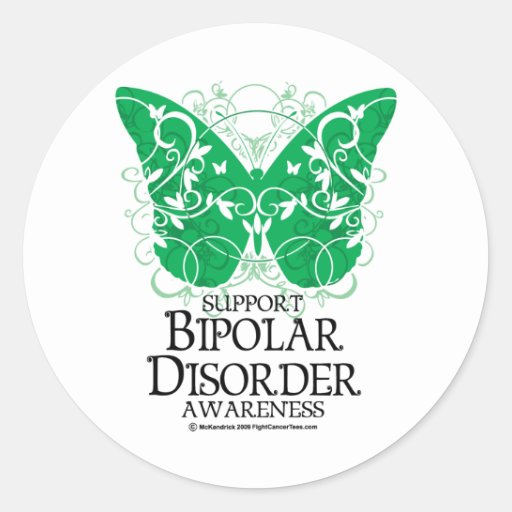Gardening is one of Mother Nature’s great equalizers. It’s a satisfying and therapeutic activity that anyone–from a senior adult to a very young child – can tackle relatively independently.

Pixabay
Many can enjoy the gratification of creating something from virtually nothing. What begin as tiny seeds germinating into something that’s living, thriving, and – potentially – bearing edibles is positively enchanting. Planting vegetables, fruits, and flowers is an invigorating activity, regardless of one’s age.
Gardening allows us all to be nurturers. Plants don’t discriminate or stigmatize. For those with mental health problems to be able to contribute to such a transformative activity, gardening can really help boost self-esteem.

Additionally, we can deal with depression, worry and panic by getting our hands dirty and digging in the dirt.
Here are the essential reasons you’ll want to incorporate gardening into your and your family’s lifestyle:
Teaches/Provides a Sense of Responsibility
For kids: Garden caretakers will have to be conscientious in watering the plants regularly, checking to make sure they are looking healthy, and keeping them in direct sunlight (or shade) as directed. They will take pride in their “green pets” and the fact that they are thriving thanks to their hard work and dedication.

Pixabay
Provides a Tangible Source of Accomplishment & Pride
Gardening takes commitment and sustained effort but there’s a payoff! It helps us to be less insular, less self-absorbed. We are forced to refocus our efforts on something external: there’s the diligence in watering the plants consistently, checking to make sure they are looking pruned back and healthy-looking, and getting enough sun (or shade), as the case may be. You might be surprised at how much pride you take in your plants and the fact that they are thriving thanks to your hard work and dedication.
Reinforces Healthy Eating Habits
Practically nothing beats fresh produce, and definitely not artificial, pre-packaged foods full of preservatives. It can be easy to eat unhealthily when fresh food isn’t readily available, but what if it were right outside your front door? A successful garden project gives you an opportunity to get excited about eating the right foods in the most organic, fresh, and eco-friendly way possible, which could ultimately contribute to a self-esteem boost.


Working (Out) in Nature Releases the “Happy” Hormones
When we exercise, levels of serotonin and dopamine (hormones that make us feel good) rise and the level of cortisol (a hormone associated with stress) is lowered. According to the National Institute of Health, the Benefits of regular exercise include improved sleep, stress relief, and improved mood. I can personally vouch for the workout that gardening offers: as a former long-distance runner, I now rely on gardening as my main source of exercise – and each session leaves me dead on my feet – it can get rid of excess energy so I sleep better and ultimately feel renewed inside. No treadmill or free weights required.
Promotes Self-Esteem, Positive Personal Identity and Internal Locus of Control
According to MetroParent, “Gardening engages both mind and body, and can help kids improve motor skills, boost self-esteem and stimulate the senses. Parents who teach their children how to nurture a garden soon discover that the garden nurtures the child as well.”
The exercise that gardening provides can yield a self-esteem revolution. It promotes positive personal identity: one rooted in hard work, strength, and perseverance.
Specifically for Kids: Children learn better when they understand the context of their activity. They’ll have fun gardening, but beyond the fact that gardening is associated with “playtime” they are contributing to the overall family well-being. Besides planting and nurturing their garden beds, be sure they alone do the harvesting and preparation of their crop for the table, no matter how modest the offering.

Pixabay
For Adults: Gardening yields a sense of accomplishment and satisfaction for us all, especially when there’s suddenly head-high sunflowers or that first tomato ready for picking. It’s a great feeling and you’ll know we’ve worked hard for it! Continue reading »
















